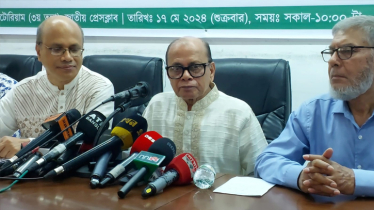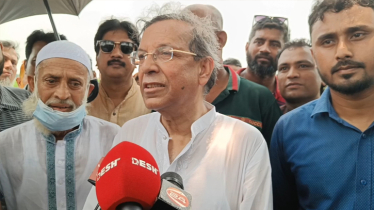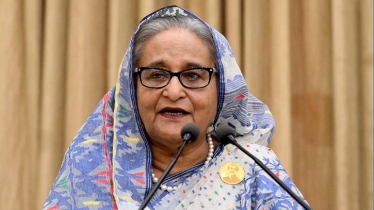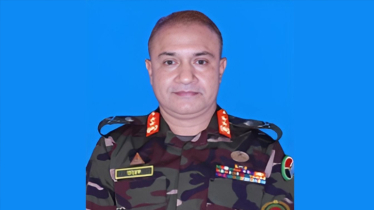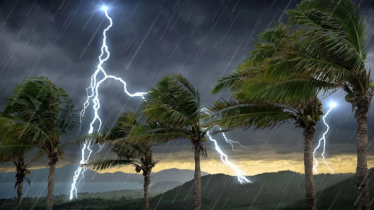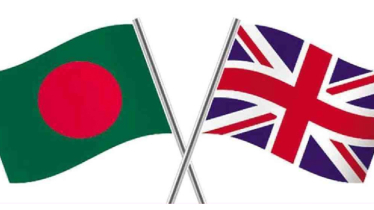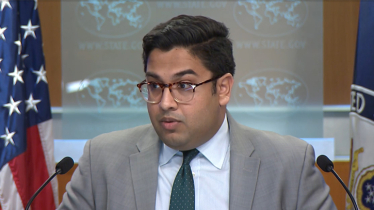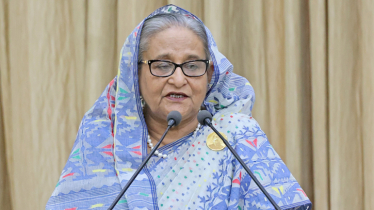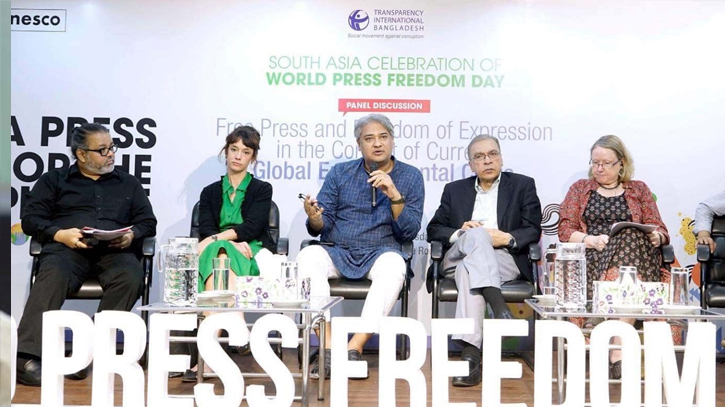
Photo: PID
Speakers at a panel discussion in Dhaka on Thursday (2 May) said there is no alternative to freedom of the press and freedom of expression to ensure democracy.
It is also imperative that the safety and freedom of the press be prioritised to tackle the ongoing environmental crisis and natural disasters, they said.
Marking World Press Freedom Day (WPFD) 2024, speakers made these remarks at panel discussions organised jointly by UNESCO, Transparency International Bangladesh (TIB), and Article 19 at MIDAS Centre in Dhaka’s Dhanmondi on Thursday.
The discussions centred on the WPFD theme of this year, “A Press for the Planet: Journalism in the Face of the Environmental Crisis.” There were two separate panel discussions where the panellists talked about issues like the ongoing oppression against journalists and their safety concerns in the context of climate-related issues, freedom of expression and the press, tackling misinformation, and access to information.
Dr Iftekharuzzaman, TIB executive director, said, “In the period from 2022 to 2023, while covering environmental issues, there were 23 attacks on the media, resulting in the torture of 43 journalists.
Between 2016 to 2021 alone, 12 individuals, including environmental rights activists, were killed for protesting against coal-based plants.”
He further stated that those who are legally responsible for protecting the environment are the ones leading the destruction of the environment. Therefore, it is imperative to create an environment where journalists and civil society organisations can play their active roles. But in reality, such space is being shrunk by the use of repressive acts like the Digital Security Act.
Taking part in the “zero-sum political game,” journalists and rights activists are harassed by misusing laws, which ultimately benefits a certain faction. The harassment of media workers and civil society actors has been normalised through this process, he added.
There are additional risks while reporting on land grabbing, water bodies' destruction, or the construction of training centres by taking over protected land. To tackle such challenges, those who are responsible in the government have to respect the commitment to freedom of press and speech enshrined in the constitution, so journalists and activists working on environmental issues do not become the victims of "shoot the messenger".
Speaking at the opening session, Susan Vize, Head of Office and UNESCO Representative to Bangladesh, said, “Raising public awareness about climate change and other environmental issues in Bangladesh is critical to achieving behavioural change. The media remains the single most influential source of credible public information. WPFD 2024 aims to build the capacity of Bangladesh’s media to ensure accurate and impactful coverage of the current environmental crises.”
Alexandra Berg von Linde, Ambassador to Bangladesh, Sweden Embassy, said, “Public interest is inextricably linked to climate change and environmental degradation. The negative effects of climate change are becoming more visible, affecting people's daily lives. People want to know about the results and effects of negative climate change. Freedom of the media and the ability to report independently on all such matters of public interest are important elements of democracy.”
Responding to a question about the misuse of repressive acts (ICT, DSA and CSA) and the safety concerns of journalists, State Minister for Information and Broadcasting Mohammad A Arafat said, “We always talk about ensuring freedom of the press. However, in some cases, vested interests exploit this freedom to publish agenda-driven news and disseminate misinformation. Instances of such misinformation regarding Rampal or Adani power plants have been observed. Therefore, alongside ensuring media freedom, accountability must also be ensured.
"If media freedom is misused to spread false information or disinformation, appropriate legal action should be taken. However, I will take necessary steps to ensure the protection of journalists in the country who report on environmental crises or climate issues based on truth and scientific evidence.”
The first panel discussion titled “A Press for the Planet: Free Press and Freedom of Expression in the Context of the Current Global Environmental Crisis” kicked off with the presentations of Shamsuddin Illius, bureau chief of Chattogram, The Business Standard, and Usraat Fahmidah, freelance journalist, regarding the challenges of journalism in environmental issues and training young journalists.
The second panel discussion focused on the safety issues of journalists under the theme of “Media Defence for Crisis Reporting,” where journalists and experts from Bangladesh, Bhutan, Nepal, India, the Maldives, and Sri Lanka participated.
Messenger/Mumu


